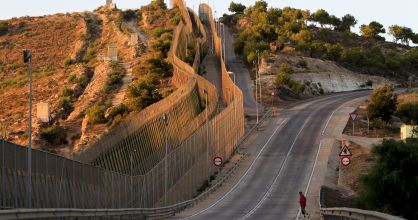
“You barely talk about your country,” A friend of my wife tells me at a gathering in Valencia. I smile, because this traveling satirical traveler, not mythic even in his native Santander, where he sometimes goes to visit his mother and sister. Before leaving us he gave me the Dirty Trilogy and the King of Havana, by Pedro Juan Gutierrez, whose pages had such a negative impact that he postponed his visit to the island for almost a decade. And he admits his “sorrow and frustration after trekking through this tragicomic and bittersweet Cuba with the exception of Trinidad, Varadero and Viñales.
Yes, I do not usually talk about Cuba, about which I have published some books and hundreds of articles in the digital press. I’m not lazy but in the face of such discursive, traitorous and demigod banality, I limit myself to answering specific questions about my country and its challenges. In addition, the island is not the center of America nor the world and we run the risk of being mono-thematic and boring to our friendly hosts, immersed in the problems of their family, environment and country.
I don’t think, as my friend Orlando Luis Pardo Lazo does, that “There is no country with virtue. Every country is a virtual shaving”; although in the case of Cuba, the word has lost its drawing power. Not even the “patriotic” and corrupt gurus of the only Party still believe the tiresome rhetoric about sovereignty, nation, homeland and freedom. After decades of tyranny and slogans the concept is devalued and neither emotion, nor a million employees and soldiers who are paid to sustain the regime.
I guess that thousands of exiles and hundreds of peaceful opponents on the island are in harmony about the significance of the word nation, as well as the mythification from exile during the 19th century of Padre Félix Varela and the poets José M. Heredia and José Martí, icons of the fledgling nation and creators of literature.
They have pronounced, from the podium, so many beautiful and moving phrases about the Homeland and the Nation that I’ve learned to be cautious with these “useful” and fickle voices. In short, the Homeland is usually “the land of my fathers,” “the soil where I was born,” the garden we build, the family that embraces us, the wall that we try to cross, the country where someone waits for us, or the “promised land” of the marginalized who flee misery, wars, and the lack of opportunities on their “native soil.”
30 June 2013
